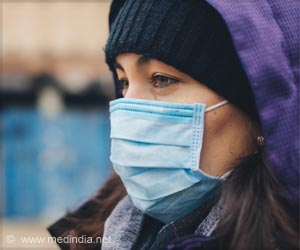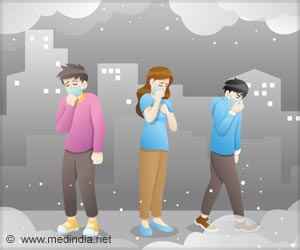
‘The study highlights the importance of quick and aggressive non-pharmaceutical interventions implementation to counter transmission of the SARS-CoV-2 virus and could help inform efforts to control new surges in the US and elsewhere in the world.’
Tweet it Now
Seeking to understand the impact of timing when implementing non-pharmaceutical interventions, Sen Pei from Columbia University in New York and colleagues first built a metapopulation model of Covid-19 transmission in all 3,142 US counties during the period spanning February 21 through May 3. They built the model using county-level data of confirmed cases and deaths compiled by USAFacts.org and commuter mobility data from the U.S. Census, adjusting the latter for reductions in mobility due to non-pharmaceutical interventions implemented beginning around March 15.
The model revealed notable yet asynchronous reductions in disease transmission rates, reflected in changes to the estimated effective basic reproduction number (Re) in most counties during this time period.
They then performed counterfactual simulations with the same model, moving the timing of non-pharmaceutical interventions implementation either one week or two weeks sooner.
In the first model, advancing non-pharmaceutical interventions by a week, to March 8, resulted in 601,667 fewer confirmed cases and 32,335 fewer deaths nationwide as of May 3.
Advertisement
The researchers acknowledged that their modeling simplifies some assumptions related to general uncertainty, economic concerns, administrative decision-making, and public adherence to social distancing rules.
Advertisement
Over 9.7 million people in the US have tested positive for Covid-19 so far, while more than 236,000 have died, according to data from Johns Hopkins University.
Source-IANS









